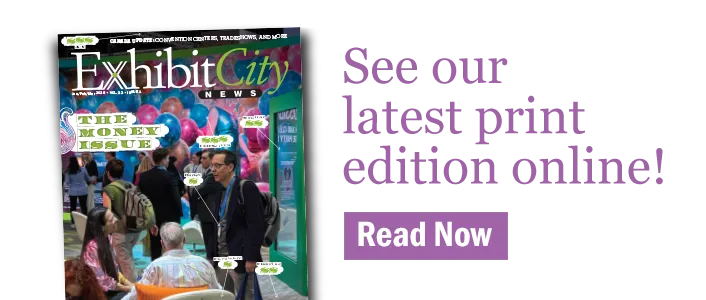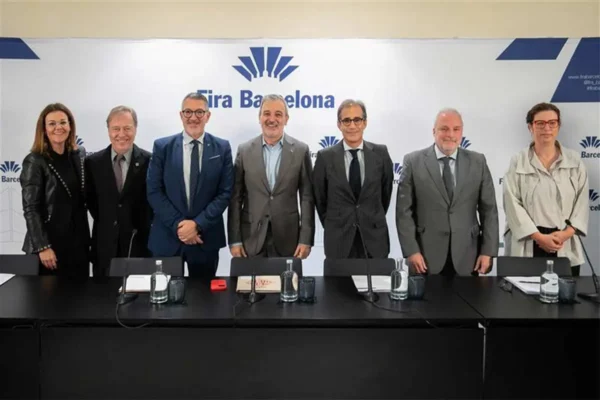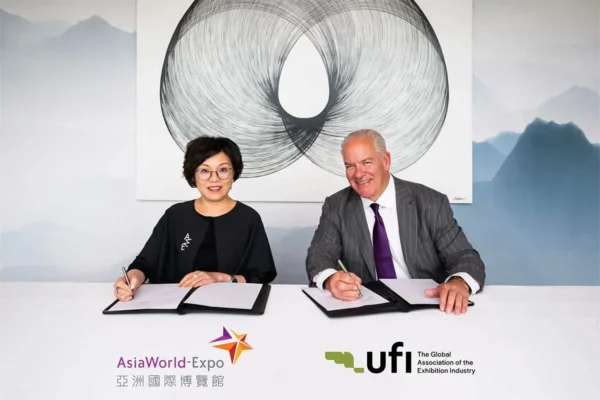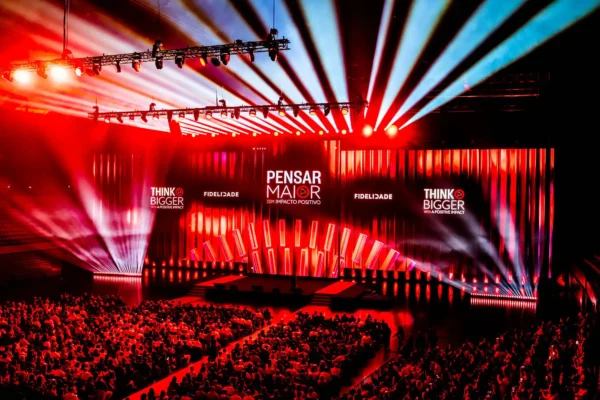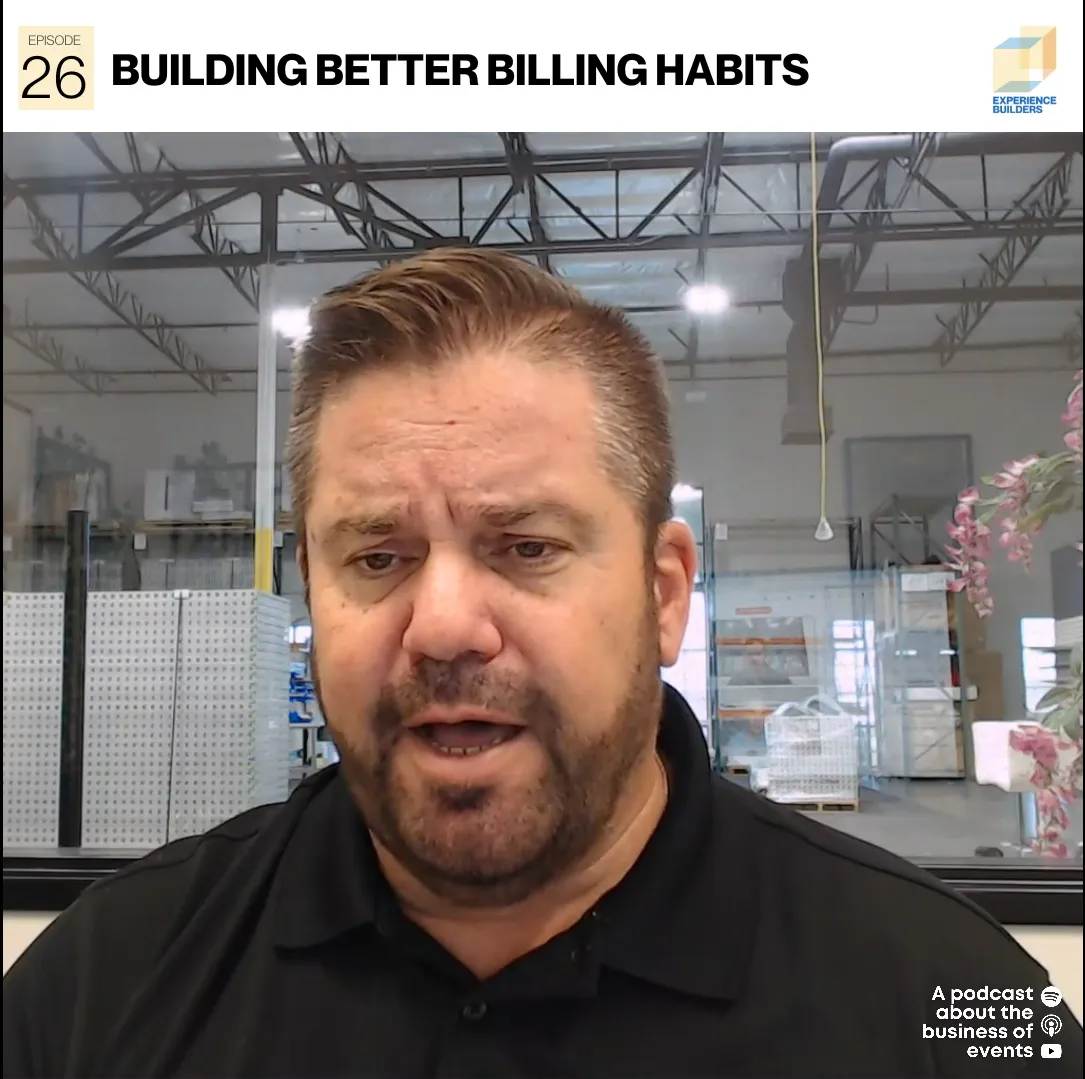(Pictured above: JMIC President Kai Hattendorf speaks about the role of business events in communities.)
A multi-year study of the legacy benefits of business events in a number of parts of the world has concluded with the release of a report and a series of recommendations for how events can better document their resulting benefits in the future.
The report—commissioned by the Joint Meetings Industry Council and carried out by University of Technology Sydney (UTS) researchers working in cooperation with an international academic panel—is entitled “Business Events Legacies: JMIC Case Study Project Report” and has, in the words of the authors “revealed a significant mismatch between the way governments around the world measure and value the business events sector and the true value delivered by conferences, congresses and international trade shows.”
The recommendations—“Six Golden Rules for a Highly Successful Business Event”—offer specific guidance for event organizers to optimize and document their legacy objectives and expectations in advance, not only as a way of clearly identifying desired outcomes but for subsequently documenting and communication the extent to which these have been carried out (see details below).
“This report has formally documented a concept we have been promoting for some time, namely that these events are all about economic, academic, professional and community enhancement outcomes and that a strategic approach to hosting such events can pay a broad and important role in advancing the development prospects of destinations around the world” says JMIC President Kai Hattendorf. “As a result, these destinations and the governments that represent them need to re-think their engagement with the industry and how they can best use and invest in it to the overall benefit of their respective communities”.
Drawing on nine case studies from four continents, study authors and UTS Associate Professors Carmel Foley and Deborah Edwards concluded that ”Business events have long been judged under the narrow assumption that their legacies are best measured in terms of hotel rooms and cups of coffee. Governments, in particular, have largely focused on what is commonly known as the tourism contribution, which ignores the significant scientific and research value on offer—value that directly drives economic development, creativity and innovation. Our research also shows that these benefits have a multiplying effect.”
Their study is the culmination of three years of work and shows the global business event industry is supporting broader agendas, in particular building knowledge economies, encouraging industry innovation and enhancing community well-being” said the authors. “But until now there hasn’t been a coordinated, global effort to measure and document these benefits in ways that could be used to advocate to governments and communities about the important role played by business events. Ultimately, these findings confirm that the governments need to rethink the way they measure and value the business events sector”.
While finding largely positive effects from business events, the report also identifies barriers to achieving lasting legacies, such as organizers neglecting to set long-term objectives or look beyond internal organizational goals. In response, the researchers have developed six “golden rules” for business events gleaned from best practice among the global case studies, which covered scientific conferences, industry congresses and focused gatherings for specific groups such as the tech sector. These include, as first steps, involving stakeholders such as governments and business in setting legacy objectives, based on agreed industry problems, issues and opportunities.
Overall, the report recommends greater investment in improved measurement, evaluation and formal reporting of the longer-term contributions of business events beyond the tourism spend, particularly to government stakeholders.
“While this particular study has concluded, it is clear that value measurement and the identification of long-term benefits in this area will continue”, says Hattendorf. “What we hope and believe we have accomplished is to identify some real and measurable values and the practices that are needed to properly document them in the future. As the credibility of such measures increases, so will the prospects that governments will position them properly as key elements in their economic and community development strategies”.
6 Golden Rules for a Highly Successful Business Event
- Involve stakeholders in setting legacy agendas
- Stakeholders may include, for example, government, local and global associations, industry leaders within the destination, leading researchers within the destination, conference organizers, bureaus and venues.
- Coalesce legacy design around problems, issues, opportunities
- Identifying key industry and/or community issues and opportunities is important for uniting stakeholders behind legacy initiatives.
- Set legacy objectives
- Legacy objectives need to be set in order to plan for their execution. It is true that many conferences will yield legacies regardless of whether or not they have been planned for. But the failure to set objectives can mean lost opportunities for making a difference.
- Execute legacy plans
- Once objectives have been set there must be a plan for ensuring the legacies are realized. Planning for the evaluation of legacy outcomes is essential.
- Evaluate legacy outcomes
- Different outcomes call for different methods of evaluation. Methods of data collection and analysis are set out in the appendix of this report. Partnering with a research specialist (university or consultant) is an excellent idea.
- Disseminate legacy outcomes widely
- Legacy outcomes should be communicated widely. It is important that all stakeholders understand the full value of the business event. Legacy outcomes should be included in every business event study or evaluative report and then communicated to governments, communities, industries and universities, as well as event organizers and individual delegates and any stakeholders that have invested in the business event. They all need to hear about the outcomes.
The Joint Meetings Industry Council (JMIC) is an organization that represents the combined interests of international business meetings industry associations. It has provided a forum for information exchange and recognition among industry groups for well over 50 years and is currently focusing on documenting and communicating the diverse values of the industry to broader community and governmental audiences. For more info, visit http://themeetingsindustry.org.



